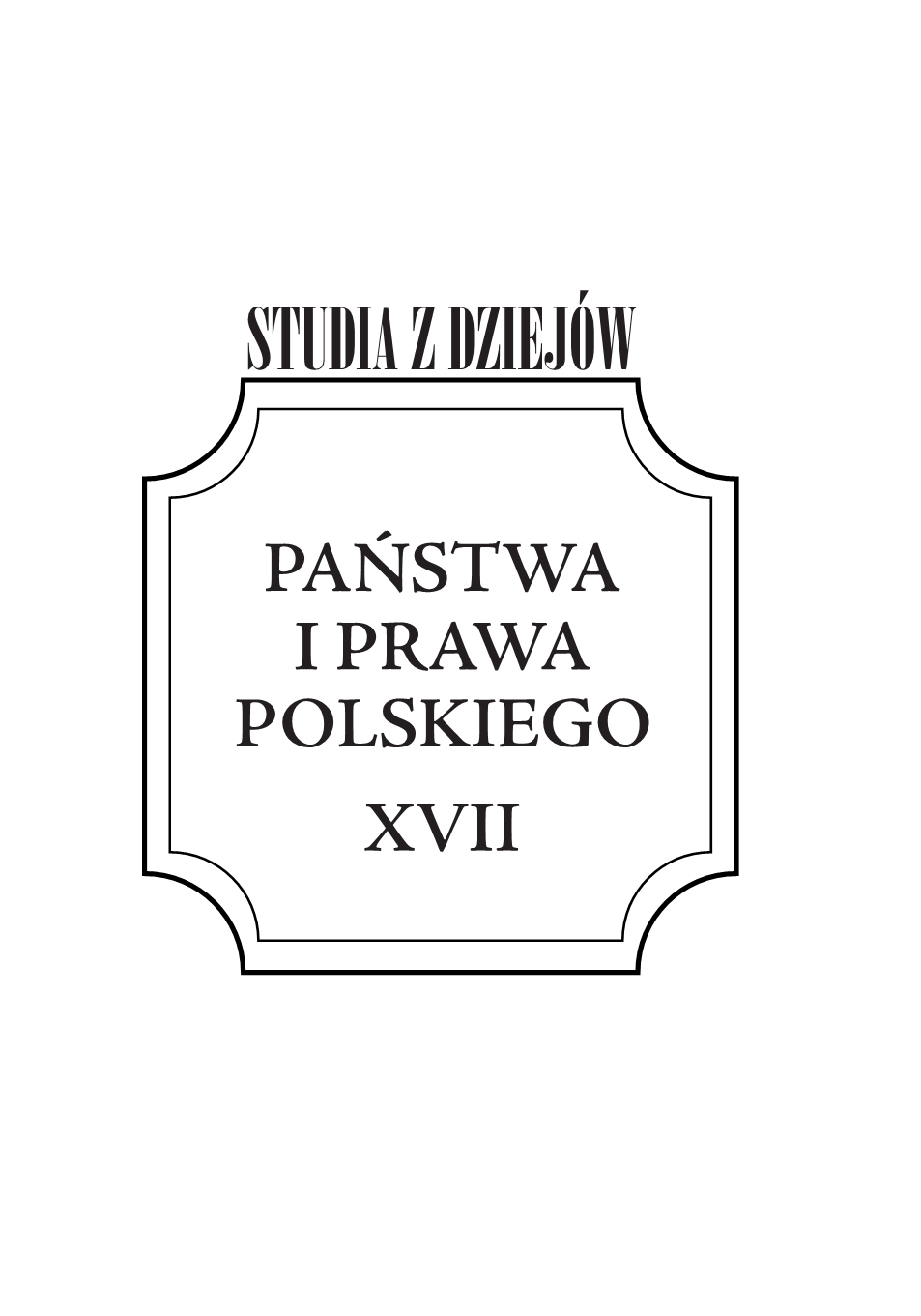Postępowanie o ubezwłasnowolnienie na tle akt Sądu Okręgowego w Krakowie z 1949 roku
Procedures for guardianship as set down in the files of the District Court in Kraków of 1949
Author(s): Sylwia PrzewoźnikSubject(s): Law, Constitution, Jurisprudence, History of Law, Civil Law, Public Administration, Public Law, WW II and following years (1940 - 1949)
Published by: Oficyna Wydawnicza AFM Uniwersytetu Andrzeja Frycza Modrzewskiego w Krakowie
Keywords: capacity to legal transactions; guardianship; non-contentious proceedings; District Court;
Summary/Abstract: On the grounds of post-war legislation, guardianship affected people who were not capable of independent management of their own affairs, and care for their own well-being. This first of all concerned persons with psychological conditions, mental deficiency, and ones whose psychological disorders were related to alcohol abuse, and wasteful mismanagement. The practice of guardianship was aimed at helping the people unable to manage their conduct and/or their affairs independently. Protection of personal and property interest of these people sometimes required that their capacity to legal transactions had to be limited, or else that they were entirely bereft of it. Guardianship was applied when, due to the state of their health, a person was not capable of making conscious decisions. The legislator envisaged two types of guardianship: partial, which meant that a person subjected to it concluded legal actions on his of their own, while to have them valid, a consent of the guardian was necessary. On the other hand, such a person could make decisions concerning minor life affairs on his or her own. In turn, the plenary guardianship bereft one of the possibility of performing legal transactions, and had them represented in all legal matters by the legal guardian appointed by the court.
Journal: Studia z Dziejów Państwa i Prawa
- Issue Year: XVII/2014
- Issue No: 1
- Page Range: 195-210
- Page Count: 16
- Language: Polish

